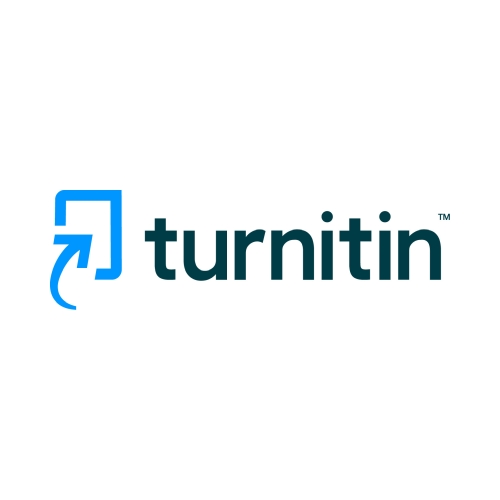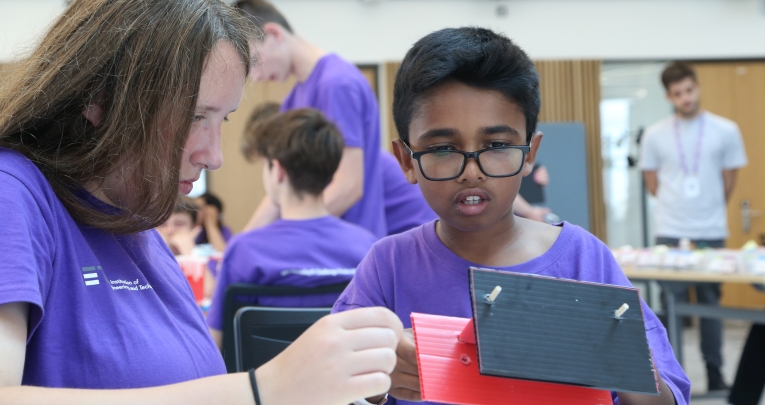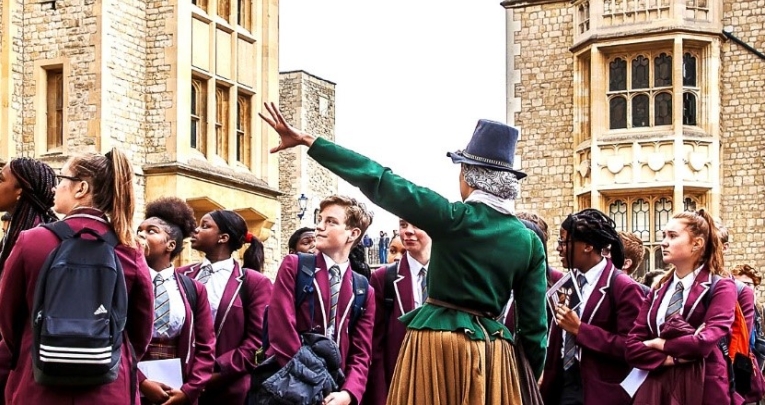Maintaining academic integrity stands as a cornerstone of ethical and sustainable learning.
Academic integrity encapsulates honesty, fairness, and responsibility in educational pursuits, something that essentially forms the basis of integrity in wider life.
It is vital for educators to cultivate an environment where integrity flourishes, as without this, it’s impossible for teachers to do their job effectively.
The thing is, achieving and sustaining academic integrity poses significant challenges for those responsible for delivering secondary education in the UK. It can be difficult to navigate this complex terrain – influenced as it is by technological advancements such as AI, cultural shifts, and evolving educational practices – especially when you factor in the considerable pressures on classroom teachers already.
But just as technology can present challenges, it can also support teachers in this crucial aspect of their role.
AI and the digital dilemma
It’s no secret that one of the biggest challenges to promoting academic integrity is the influence of digital technologies and the ease with which students can access them.
The proliferation of online resources and the accessibility of information are massive pluses in some ways, but students also encounter unprecedented temptations for plagiarism, copying and parroting.
The digital era has blurred the lines between original work and copied content, presenting educators with the daunting task of discerning authentic student contributions.
The anonymity afforded by online platforms exacerbates issues of accountability, and as technology advances and AI becomes more prevalent, it will only become harder for teachers to identify what is original content and what is not.
“One of the biggest challenges to promoting academic integrity is the influence of digital technologies and the ease with which students can access them.”
Challenges facing teachers and students
AI and the internet aren’t solely to blame, of course. The pressure on students to excel in an increasingly competitive academic environment can also lead to plagiarism. This is often not done due to a lack of effort, but rather as a result of students feeling overwhelmed or lacking an understanding of how to properly cite resources.
In such a climate, educators face the challenge of instilling values of integrity and ethical conduct while addressing the issues that perpetuate these behaviours.
The evolution of educational practices has played a part too. As some pedagogical approaches embrace collaborative learning and project-based assessments, the boundaries between individual and collaborative work become increasingly blurred.
Teachers must strike a happy balance between fostering collaboration and ensuring that each student’s contribution is genuine and reflective of their own abilities.
Last but not least, educators face their own obstacles to upholding academic integrity.
Competing demands and limited resources often leave teachers stretched thin, making it difficult to dedicate sufficient time and attention to monitoring and addressing instances of academic dishonesty.
There’s also no denying that the emotional toll of confronting academic misconduct among students can be daunting for teachers, who must navigate delicate conversations while upholding fairness and accountability.

How to empower schools to safeguard academic integrity
Academic integrity is something that we need in schools, that is clear. For us to understand what students know, what they understand, and what they have learnt, we need to know what is theirs and what is not.
So what’s the solution?
Turnitin is used by 34 million students, at 18,000 institutions in 140 countries. It helps teachers ensure authentic student work and provide feedback that enables learners to grow as writers and critical thinkers.
With Turnitin, students practise university-level skills. By providing them with the knowledge they need to research, write, and cite their sources correctly, schools using Turnitin are setting learners up for success.
“By providing them with the knowledge they need to research, write, and cite their sources correctly, schools using Turnitin are setting learners up for success.”
We, as teachers, are committed to upholding the principles of academic integrity. Ultimately, the end goal of everyone involved in education is to ensure our students are learning so that they leave us prepared for the remainder of their academic journey and the world of work beyond.
By fostering a culture of honesty, providing clear guidance on ethical conduct, and leveraging educational technologies judiciously, we can create learning environments where integrity thrives.
Collaboration among educators, administrators, and policymakers is crucial if we are to address the challenges presented by AI and the internet. Turnitin is a great example of how we can help ensure that ethical learning remains at the heart of secondary education in the UK.












